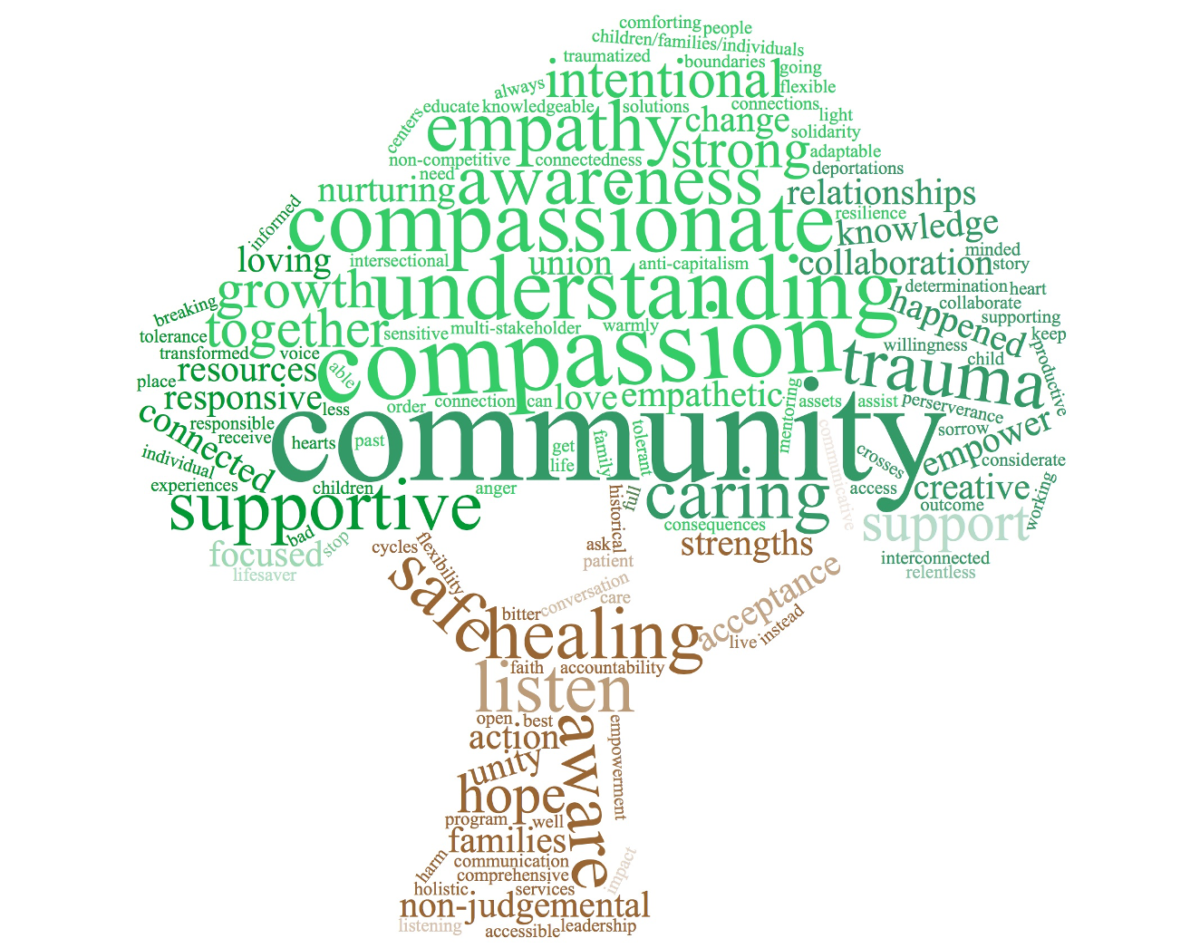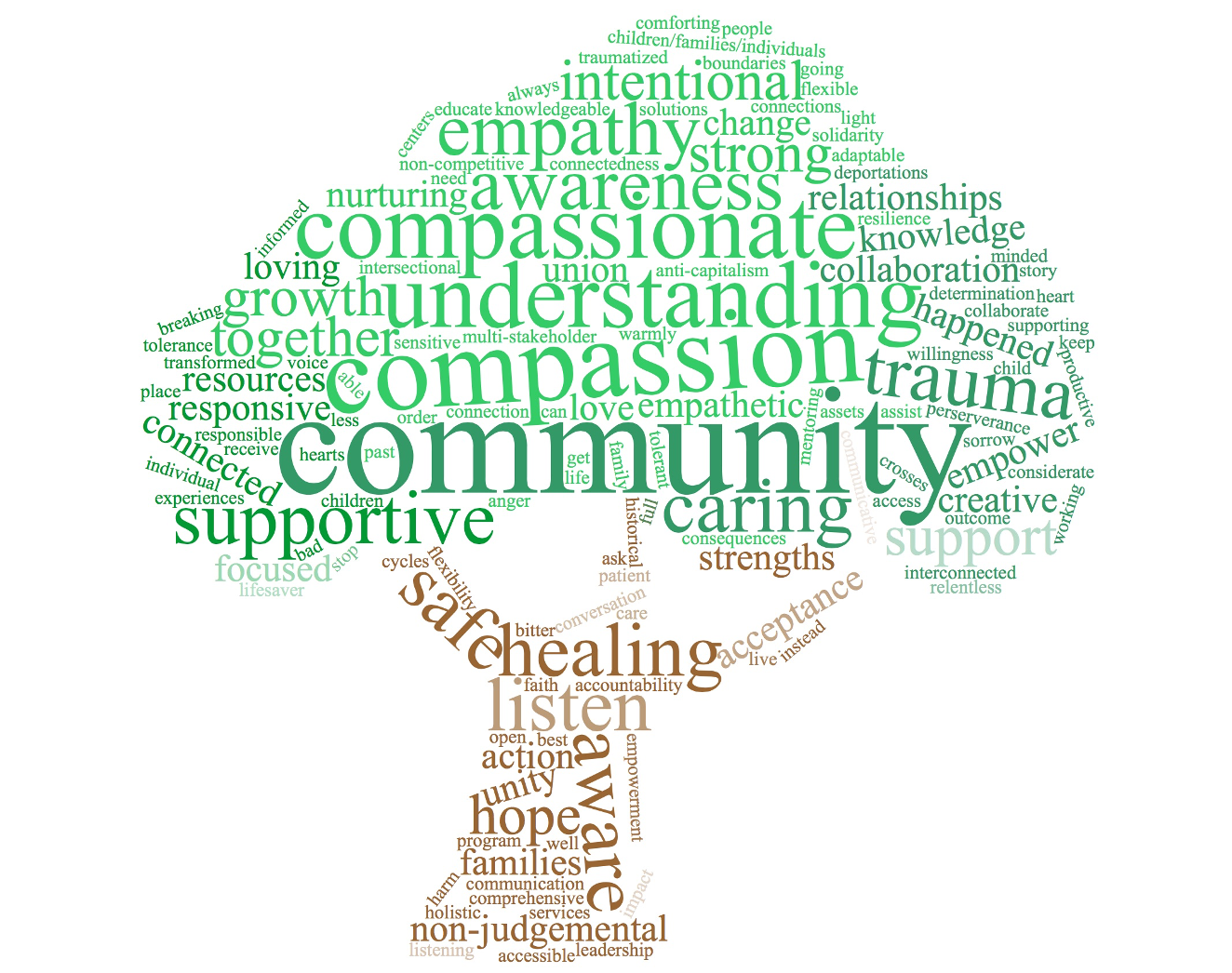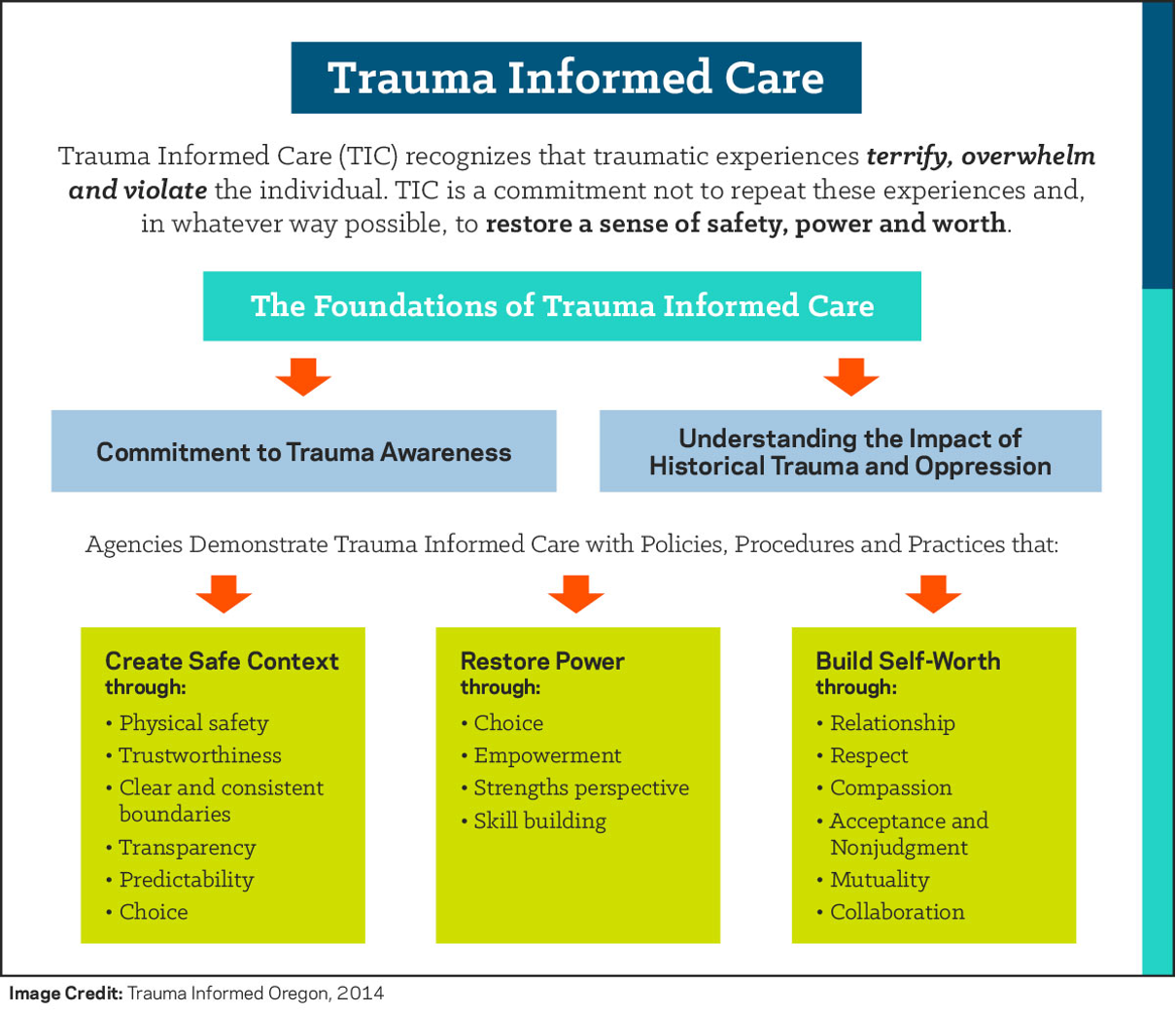Teaming for Interdisciplinary Research Pre-Seed Program
Trauma Informed Pedagogy and Practice in Higher Education

Trauma Informed Pedagogy and Practice in Higher Education

Chronic, stressful and traumatic lifetime experiences are associated with enduring, re-emerging and evolving physical, cognitive, relational, behavioral, emotional, academic and economic consequences. This is particularly true for college-aged adults. Over the past decade, there has been a groundswell of federal, state, and local efforts to translate research on trauma, adverse childhood/community experiences, toxic stress and resilience into trauma informed practices. Trauma informed care: realizes the impact of trauma individually and collectively; recognize the signs and symptoms of trauma; responds by fully integrating this knowledge into policies procedures and practices; and resists re-traumatization by drawing from cultural resilience, traditional healing tools and collective wisdom.1 There is growing recognition, concern, and commitment to addressing the detrimental impact of trauma in educational settings through trauma-informed care approaches. However, most scholarship focuses on primary and secondary education. Similarly, while an understanding the impact of historical trauma and oppression is one of the guiding principles of trauma informed care outlined by SAMHSA2, it is often overlooked in the scholarship. Applying trauma informed care principles to teaching, learning and leadership in higher education is more important now than ever as communities and universities navigate the dual pandemics of COVID-19 and systemic racism. This includes infusing culturally sustaining pedagogies that center justice, equity, diversity, and inclusion into trauma informed practices. The goal of this research collaboration is to develop and implement a tailored interdisciplinary trauma informed framework for higher education: (i) with a common language, purpose, and vision around trauma and healing; (ii) where all individuals feel safe physically, psychologically, socially, emotionally and academically; (iii) that creates policies, practices and procedures that support more effective teaching and learning; and (iv) that acknowledges the importance of the body as a key to understanding and manifesting underlying individual/collective experiences of trauma and draws from embodied activities to facilitate and harness individual/collective practices of cultural resilience, healing, and empowerment. The Teaming for Interdisciplinary Research Pre-Seed Program will allow us to begin preliminary activities that will lead to concept papers and competitive external funding to:
- identify faculty, administration, student and staff knowledge gaps, barriers, and training needs; and
- develop and evaluate an interdisciplinary trauma informed framework for implementation.

Team Lead
Jennifer Elkins
School of Social Work
jelkins@uga.edu
Team Members
Allison Dunnigan
School of Social Work
Racheida Lewis
College of Engineering
Edward Delgado-Romero
Mary Frances Early College of Education
Emma Hetherington
School of Law
Emily Sahakian
Department of Theatre & Film Studies, Romance Languages
Megan Mittelstadt
Center for Teaching & Learning
Ruth Poproski
Center for Teaching & Learning
